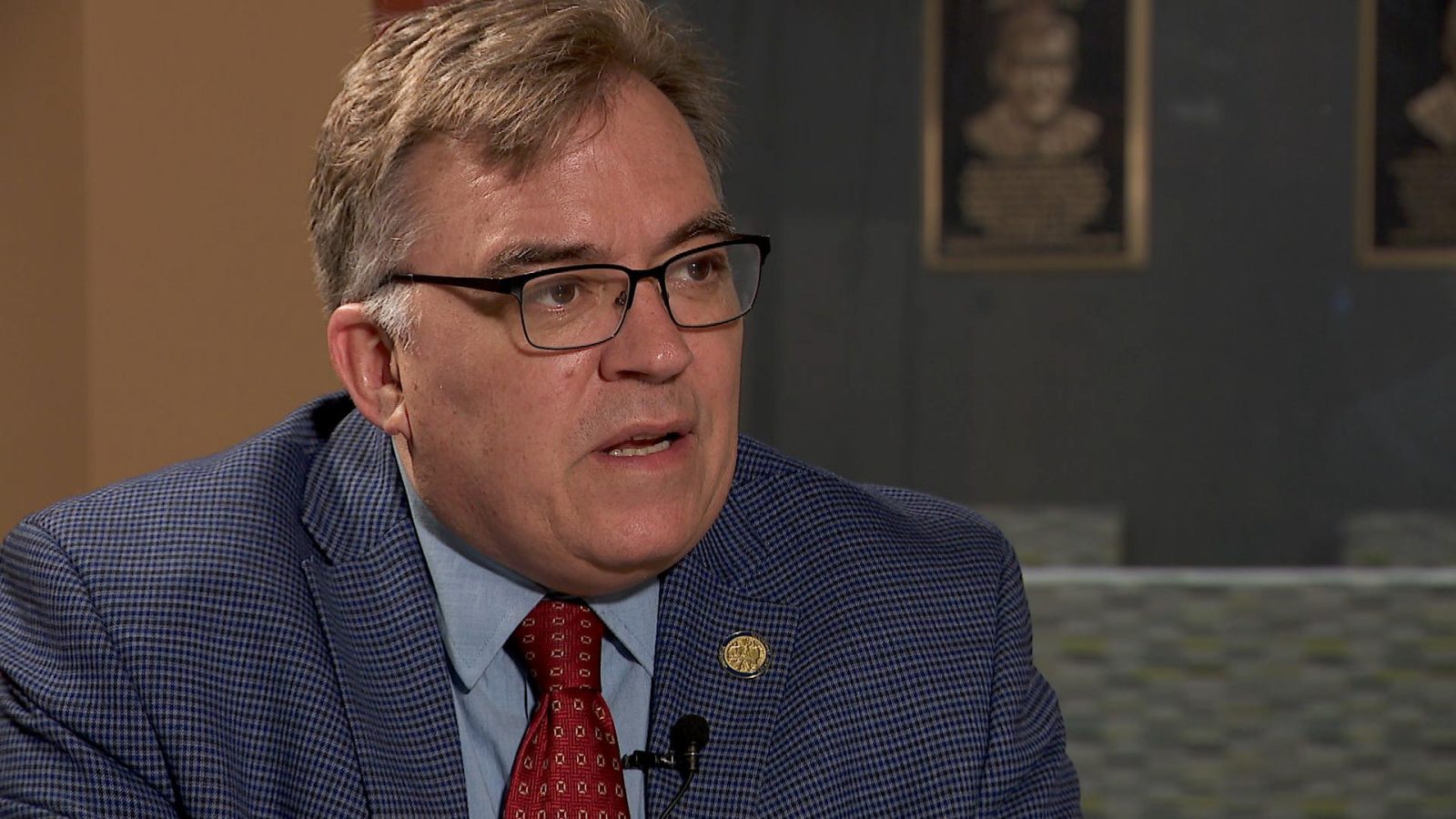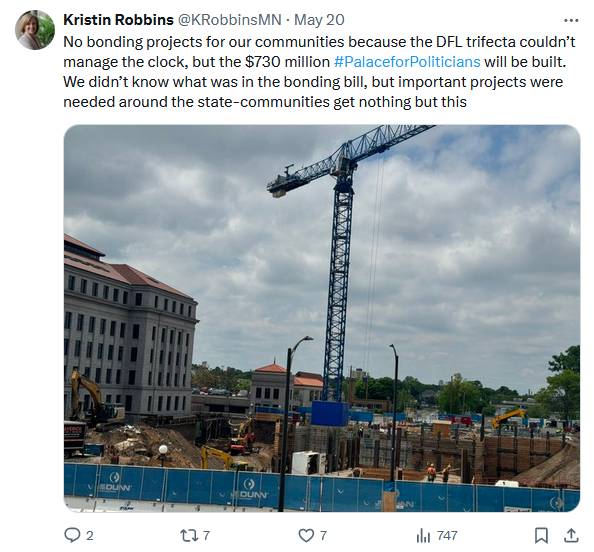Veteran Lawmaker: ‘First Time in History’ He Saw MN Senate ‘Act That Way’
The Minnesota Legislature wrapped up this last legislative session in a messy fashion.
Shouting matches and missed deadlines came as the session was nearing its end.
The DFL majorities in both chambers were trying to break the legislative gridlock with omnibus bills that were nearly 3,000 pages long.
Republican voices drowned out the president of the senate, chanting “U.S.A.” and calling for points of order.
“It was the first time in history that I’d ever seen the upper chamber, or Senate act that way,” said Sen. John Hoffman (DFL-Champlin). “There’s been displeasure in the past, but never have I ever seen anything like that in my entire life.”

Sen. John Hoffman (DFL-Champlin) speaks with CCX News. He chairs the Health and Human Services Committee in the Minnesota Senate.
Hoffman — who has represented parts of Brooklyn Park in the Minnesota Senate since 2012 — said that despite the rowdy finish, the session was productive.
“Common sense stuff did get done,” he said. “There was a bunch of stuff that got done. I hope it doesn’t get overshadowed by the disrespect that we’ve seen the last 24 hours.”
Hoffman chairs the Health and Human Services Committee in the Senate. He said the group experienced less partisan infighting than others in the legislature.
“It’s really talking about those things that are impactful and important to communities,” he said. “And that’s what we did. Whether you agree or disagree with it, there’s never any of that, kind of, well, you’re right, I’m wrong kind of thing.”
No Bonding Bill
But, things weren’t all positive. The legislature missed the deadline to pass an infrastructure bonding bill.
In a message posted to X (formerly Twitter), Rep. Kristin Robbins (R-Maple Grove) blamed the DFL for the gaffe.

“No bonding projects for our communities because the DFL trifecta couldn’t manage the clock,” she wrote, “but the $730 million #palaceforpoliticians will be built. We didn’t know what was in the bonding bill, but important projects were needed around the state — communities get nothing but this.”
Hoffman said he was surprised the legislature didn’t pass some kind of bonding bill.
He was pushing to help build a biotech innovation district in Brooklyn Park on Highway 610. That project would have required special tax increment financing legislation, but also did not make the cut this session.
“If you drive through 610, you see Takeda [Pharmaceuticals], you see Biomerics, you see these organizations that are coming here,” Hoffman said. “[That’s] because of our students that are coming out of our community colleges and the fact that it’s friendly.”
However, he felt the legislature missed an opportunity to provide communities with funding they needed.
“Well next year? OK. We can do it next year,” he said. “But it was really disappointing to see that that stuff didn’t get accomplished, and when I thought all along that they were good.”


